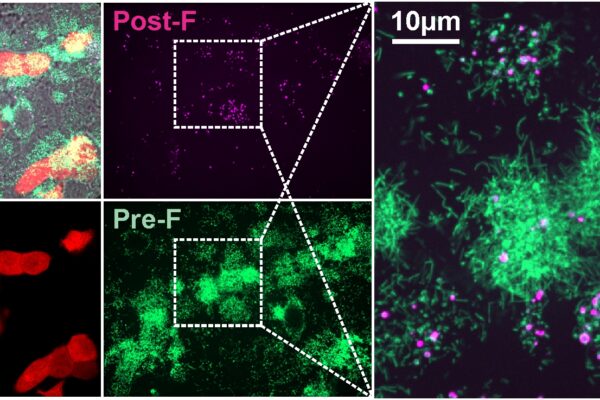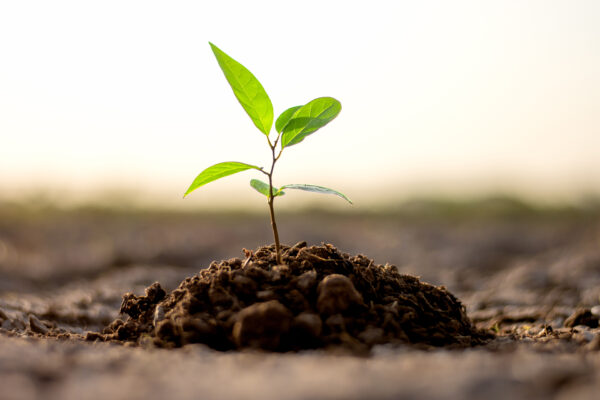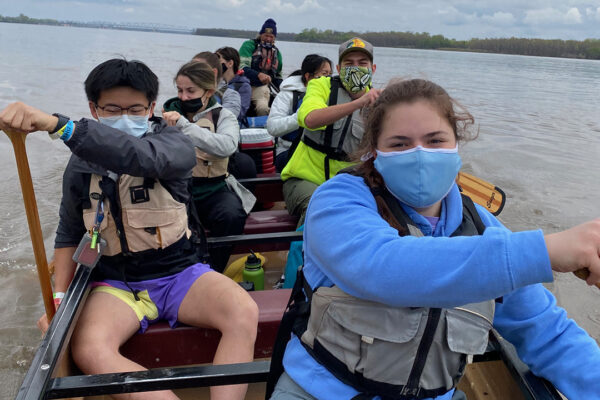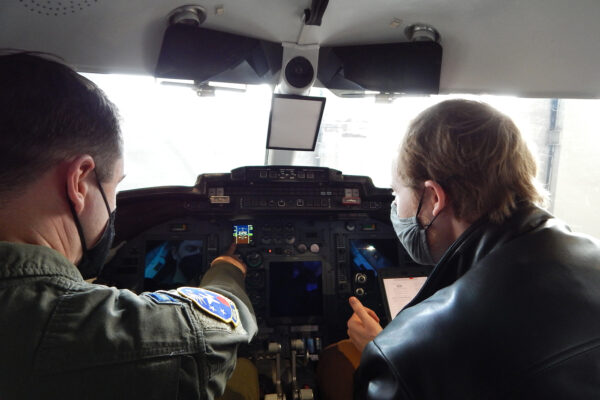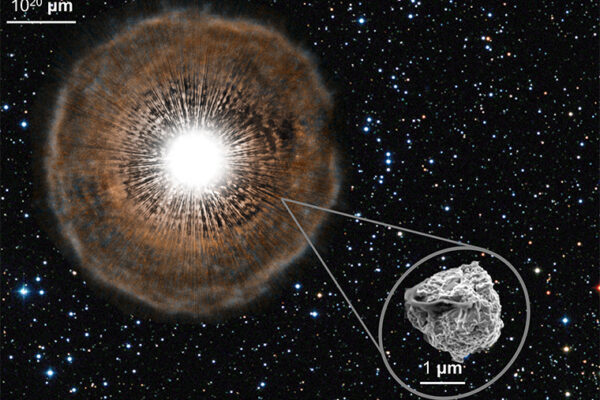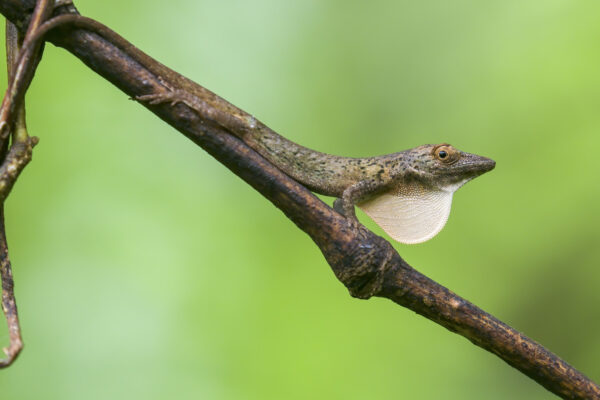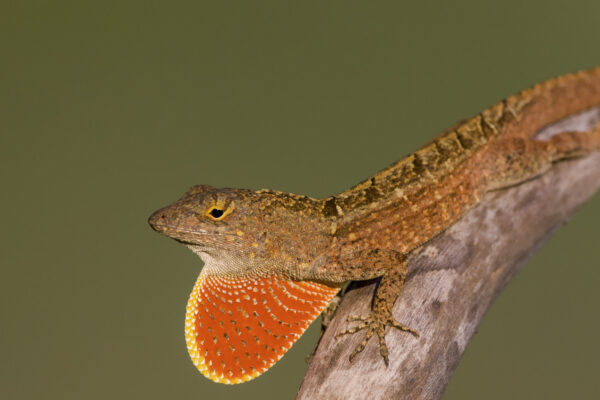Shape of virus may determine RSV infection outcomes
Using a novel technology, the lab of Michael Vahey at the McKelvey School of Engineering uncovered shape-shifting properties of a common respiratory virus.
First artificial scaffolds for studying plant cell growth
Ryan Calcutt and Ram Dixit in Arts & Sciences and their collaborators created the first artificial scaffolds that can support the growth of individual plant cells — a discovery that will make it possible to study how forces such as gravity affect the way that plant cells form and grow.
Psychotic experiences in children predict genetic risk for mental disorders
New research from Washington University suggests that psychotic-like experiences in children may predict risk for mental illness.
Environmental injustice, population density and the spread of COVID-19 in minority communities
Research from the lab of Rajan Chakrabarty at the McKelvey School of Engineering connects environmental injustice to the spread of COVID-19 in communities with high minority populations.
Hands-on learning to help the planet
Through experiential learning and a new environmental analysis major, WashU students prepare to help us understand the questions of climate change.
Pursuing reciprocity with plants
In her book, Lessons from Plants, Beronda Montgomery, AB ’94, explains what plants can teach us about the world and about ourselves.
The right stuff
Working with the Department of Defense, WashU students gain invaluable organizational expertise.
Stellar fossils in meteorites point to distant stars
Nan Liu, research assistant professor of physics in Arts & Sciences, is first author of a new study in The Astrophysical Journal Letters that analyzes a diverse set of presolar grains with the goal of realizing their true stellar origins.
Islands are cauldrons of evolution
Islands are hot spots of evolutionary adaptation that can also advantage species returning to the mainland, according to a study led by biologist Jonathan Losos in Arts & Sciences, published the week of Oct. 11 in the Proceedings of the National Academy of Sciences.
The new-new kids on the block: hybrid lizards
New research from the laboratory of Jonathan Losos begins to unravel one of the major mysteries of invasion biology: why animals that tend not to hybridize in their native range abandon their inhibitions when they spread into a new land. The study is published the week of Oct. 11 in the Proceedings of the National Academy of Sciences.
Older Stories
